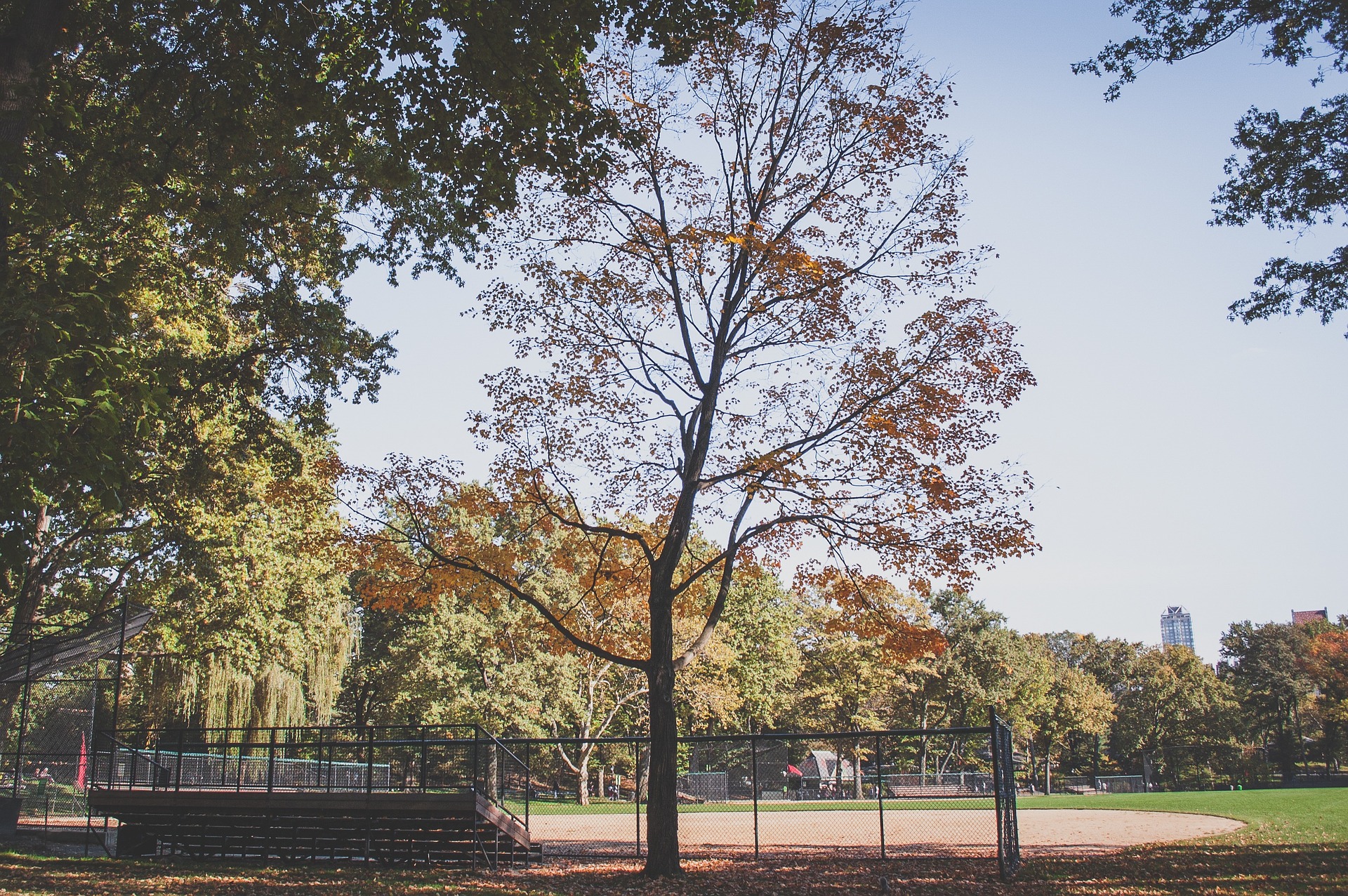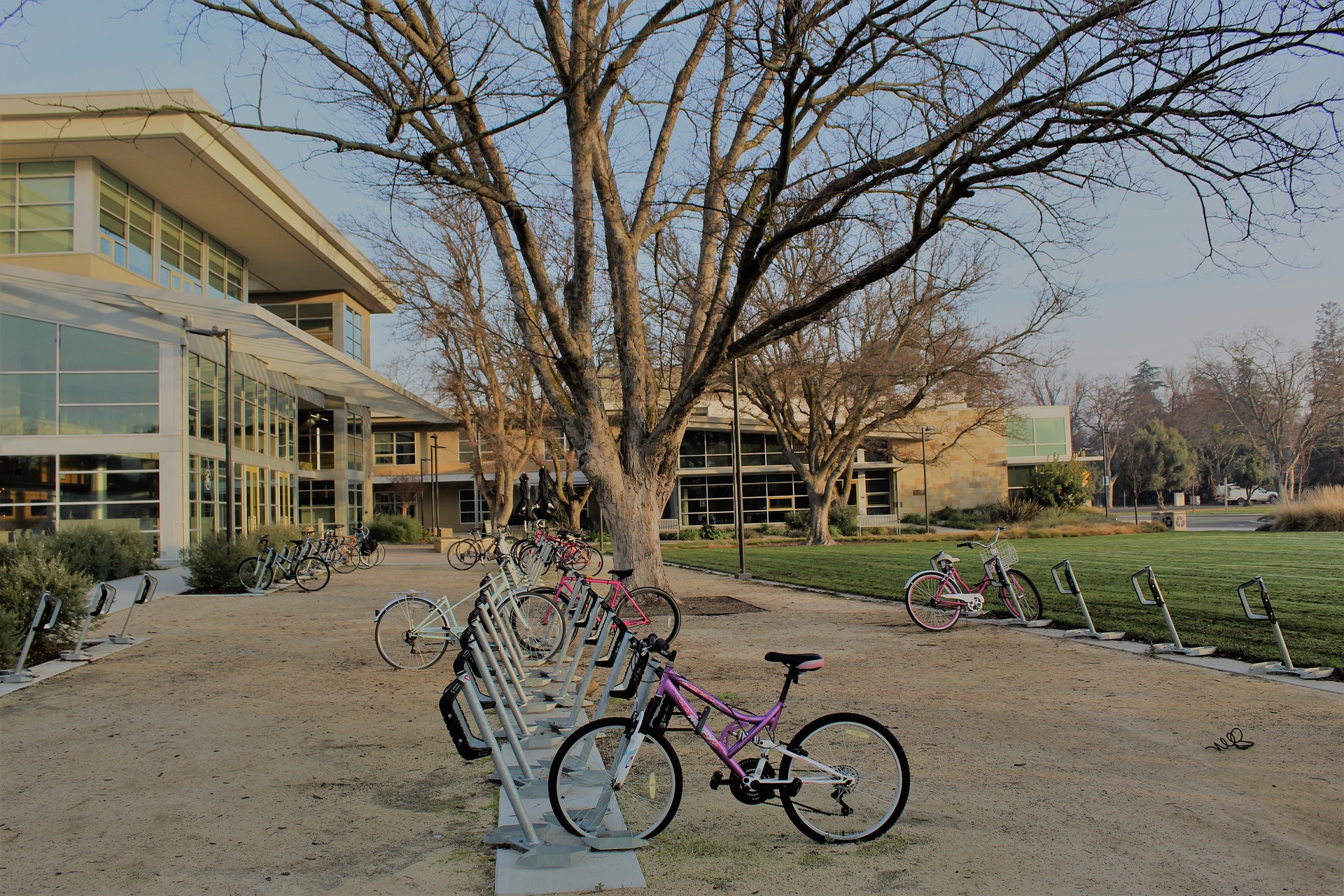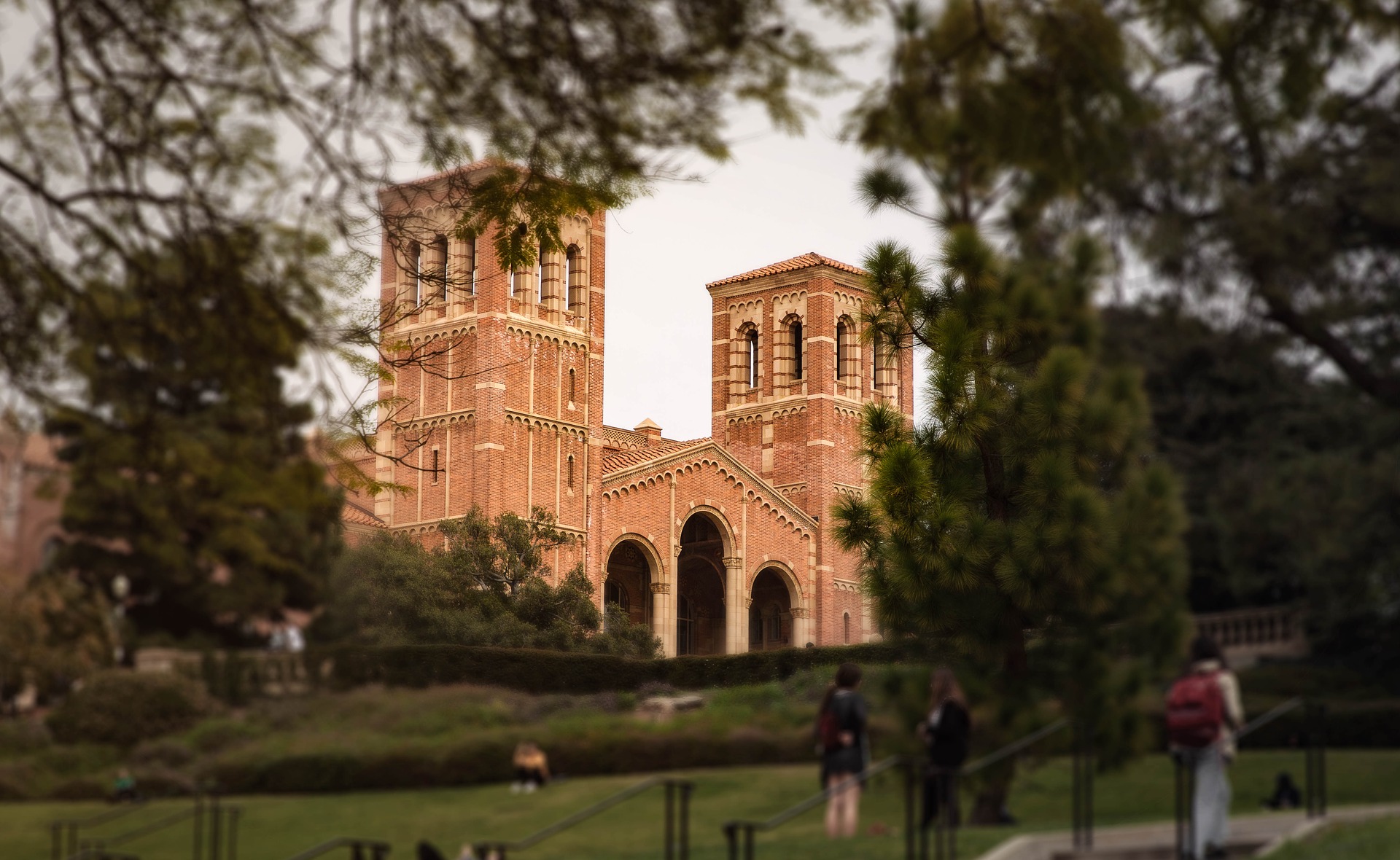No, admissions officers are not specifically looking for applicants to have LinkedIn profiles yet, although some colleges do have a space for a profile link (or other media link, like your YouTube channel, GitHub, or blog) on their Common App “Questions” section.
Building a comprehensive LinkedIn profile is a vital first step to setting yourself up for max exposure in your early career, and maintaining a presence on the site is just as crucial as you navigate career changes, pivots, launch new ventures, and make other notable moves.
So why create one in high school?
Even prior to COVID-19, students were online, and colleges were there, too. But today, and likely moving forward, online platforms are going to become increasingly important for sharing information — and not just between friends and family. Colleges have been trying to meet students where they are (in the past, Facebook and Snapchat, today, Instagram, YouTube, and TikTok), but many students are not taking advantage of the forum for connection that LinkedIn provides. We believe they should!
Beyond connecting with colleges and having a formal (and lifelong) space to record your career and extracurricular progression (extra coursework, publications, volunteerism, etc.), LinkedIn is the perfect place to connect to favorite teachers, coaches, counselors (me!) and mentors, and make it easy to stay in touch. “Networking” (aka building meaningful relationships) does not start when you enter the workforce, it starts now.
LinkedIn publishes guides for students. Here is one to get you started:
https://university.linkedin.com/content/dam/university/global/en_US/site/pdf/TipSheet_BuildingaGreatProfile.pdf
A few additional tips:
- Keep your profile current! If there are only two things you always keep updated, make sure you have an accurate headline and location. Set a calendar reminder to update your profile every 3-4 months.
- Customize your public profile URL. Mine is https://www.linkedin.com/in/brittanymaschal. Fancy!
- Use professional and accurate photos. No cropped shots where the shoulder of your best friend shows in the corner! Invest in a professional headshot, have a friend take one that looks like a professional headshot, or use your school photo/yearbook photo. Including a simple background photo is also a nice touch.
- Don’t be shy! Showcase your accomplishments, ask people who have taught you or who you have worked with for recommendations, and connect with everyone you know!
Want help setting up your LinkedIn profile? Contact me today!
*Stay in the know! Subscribe*








